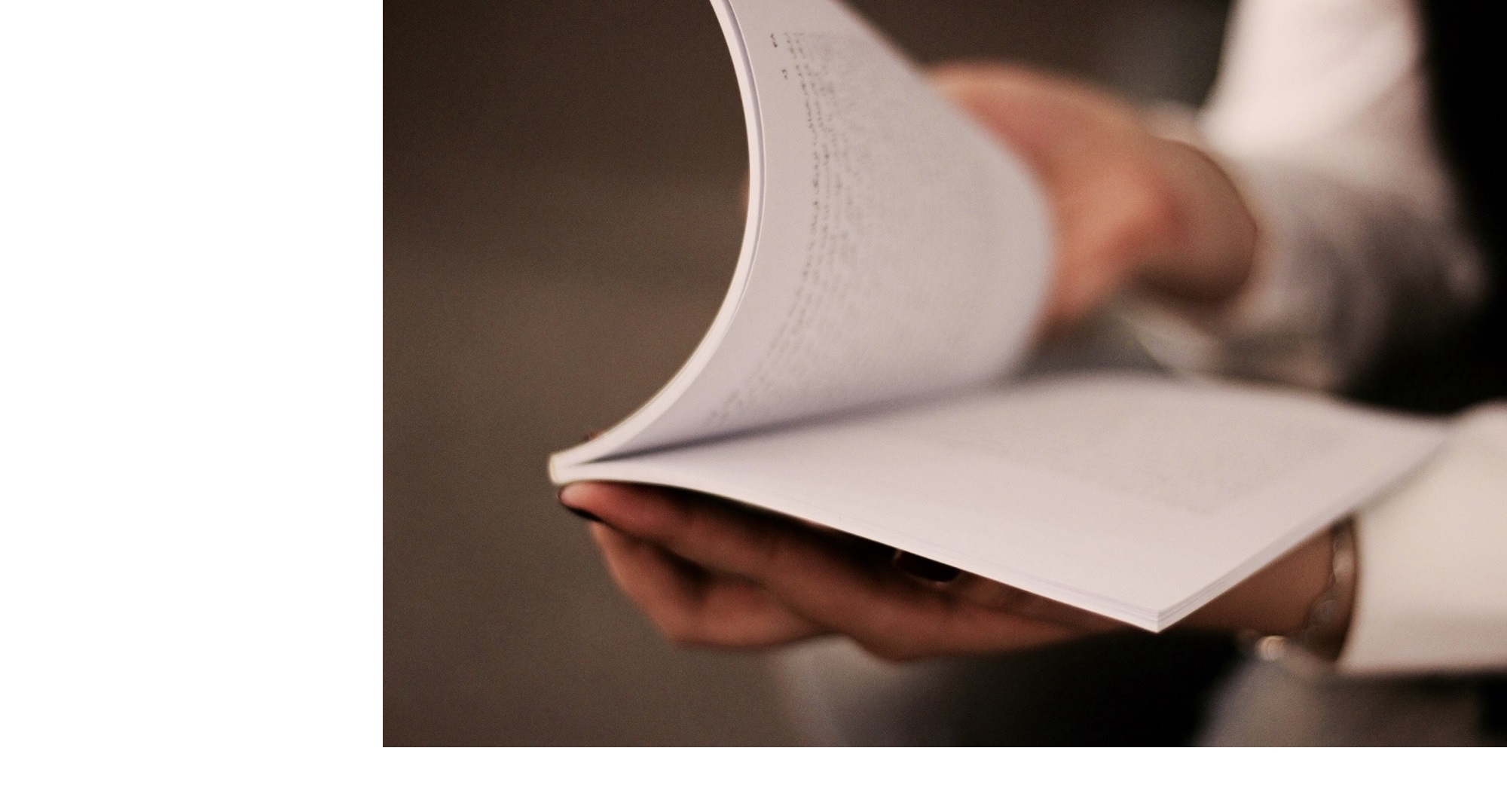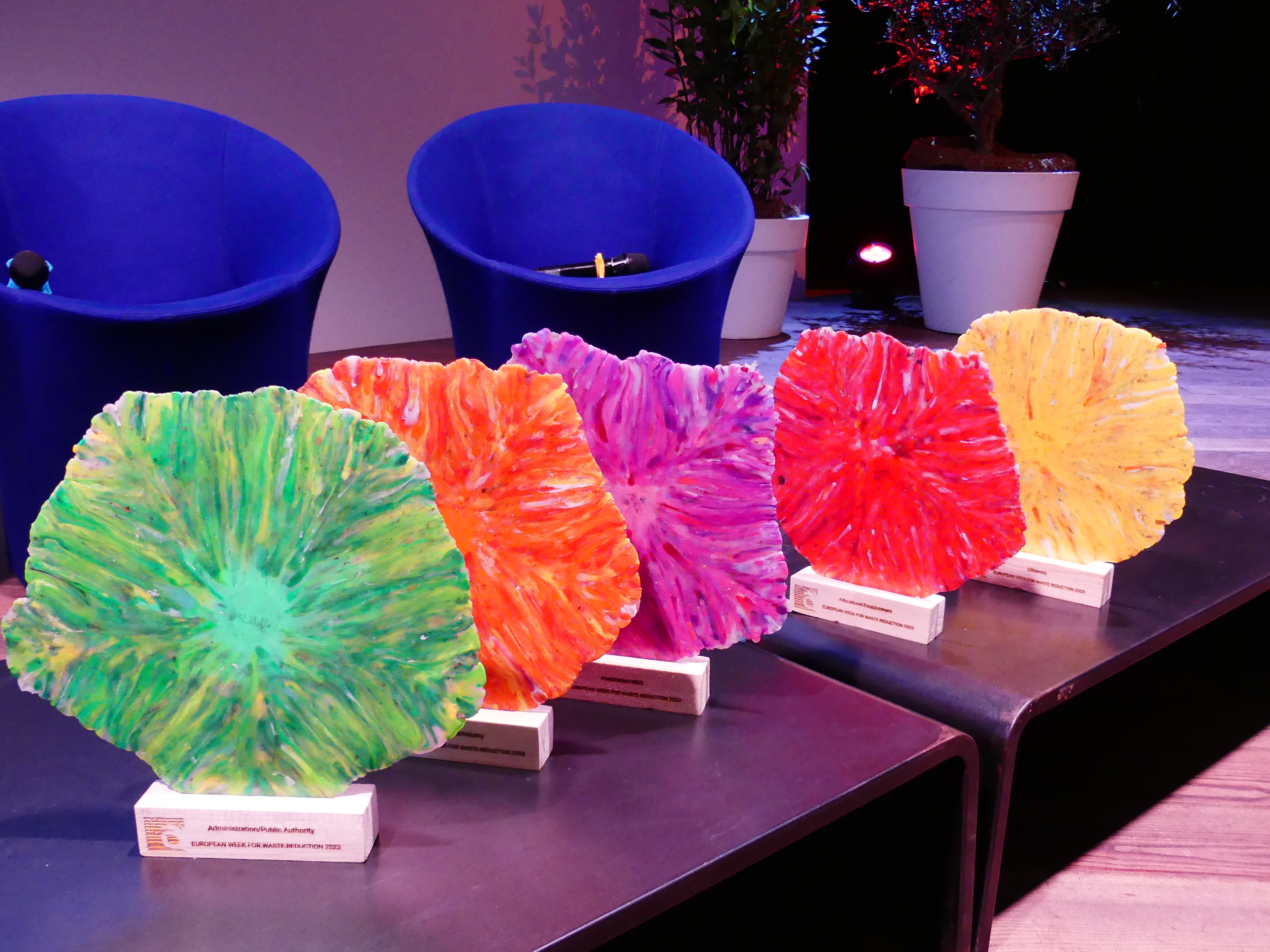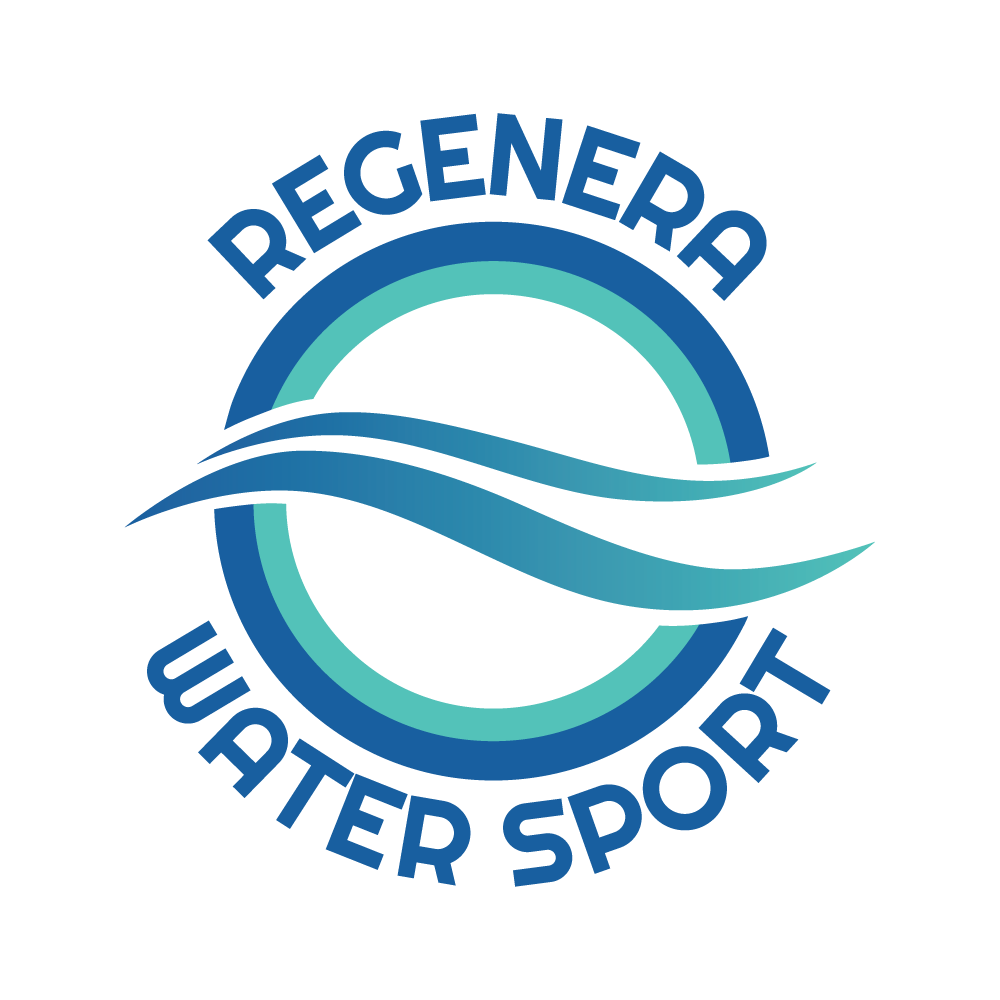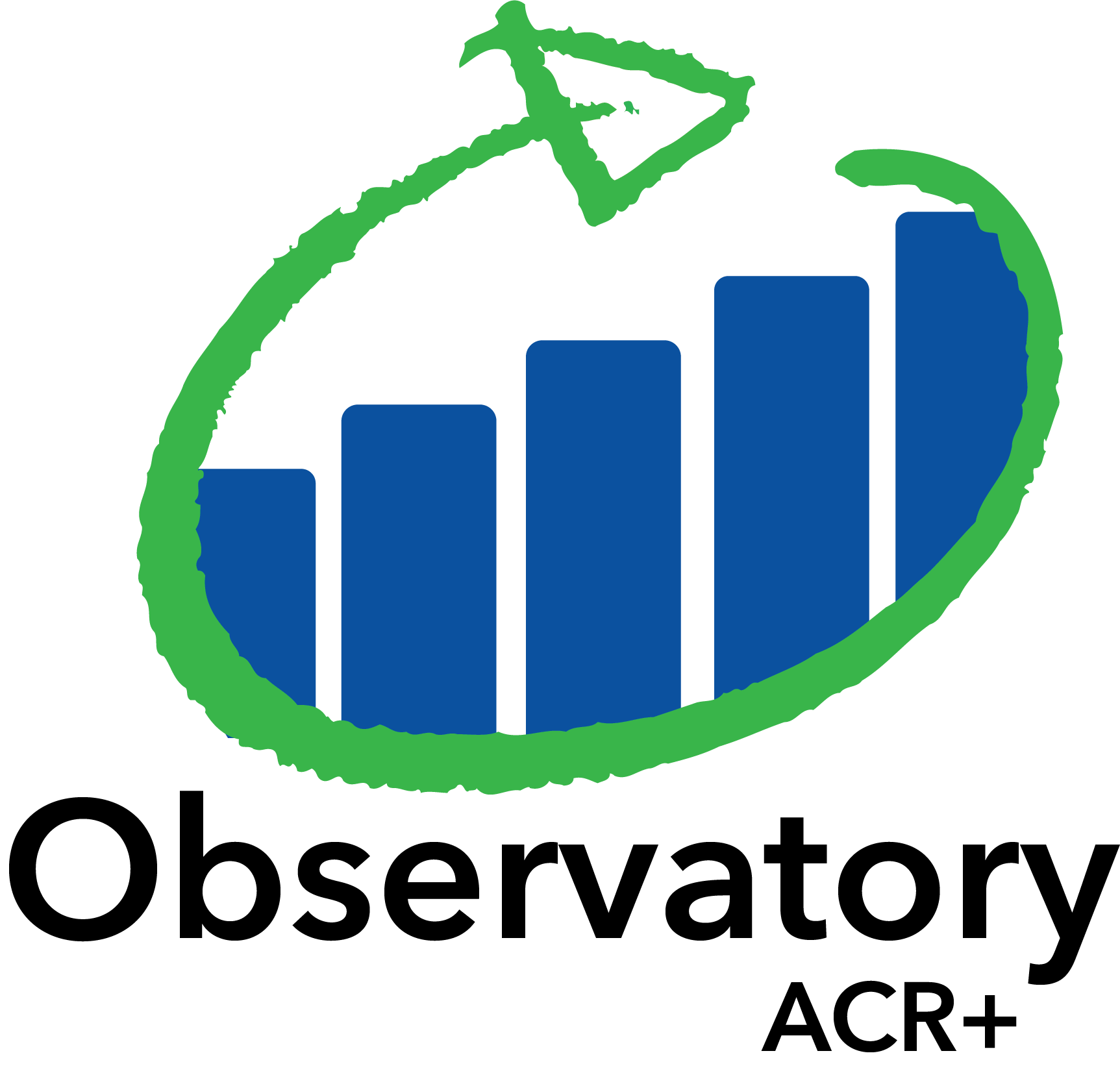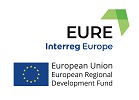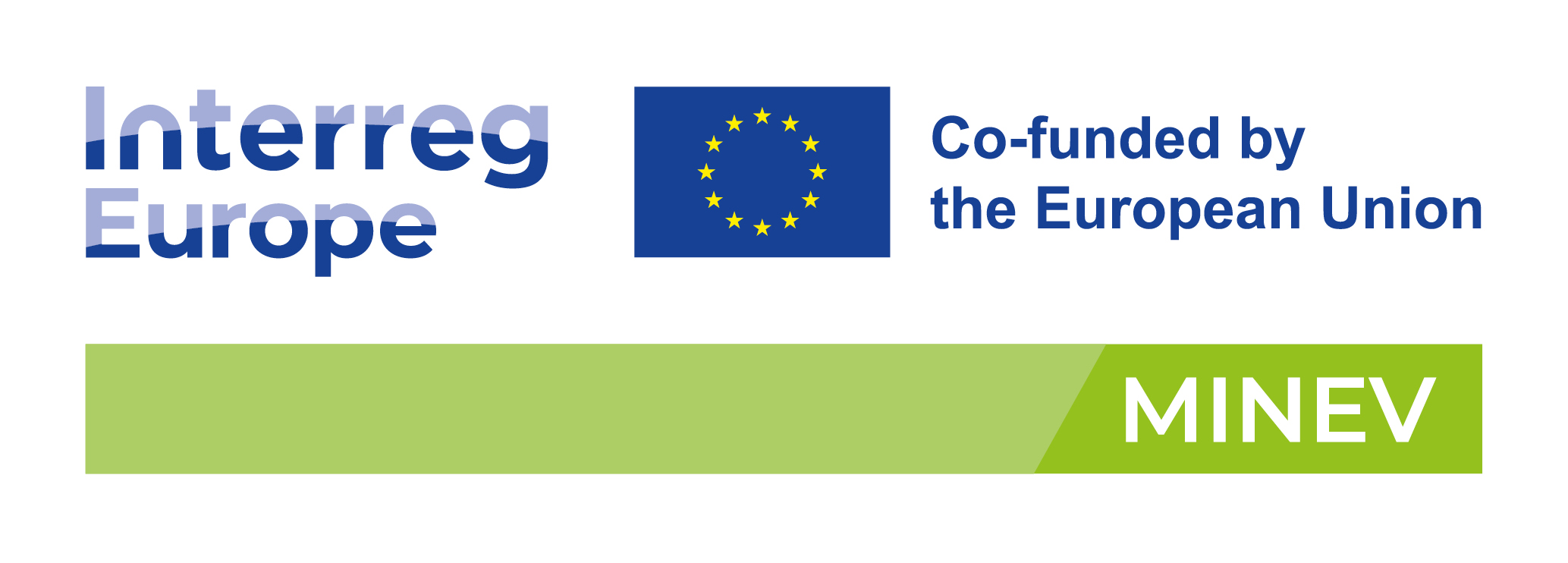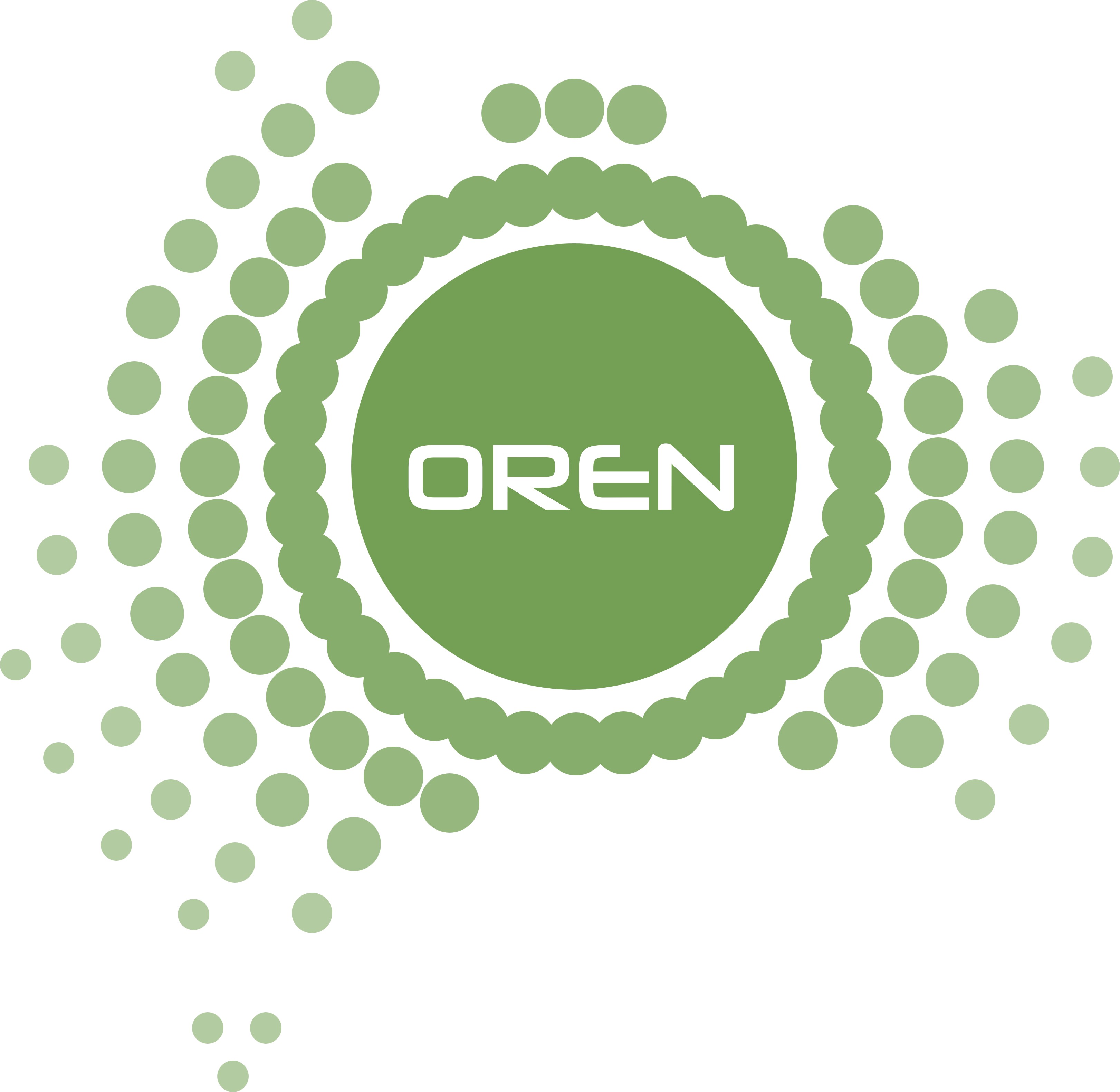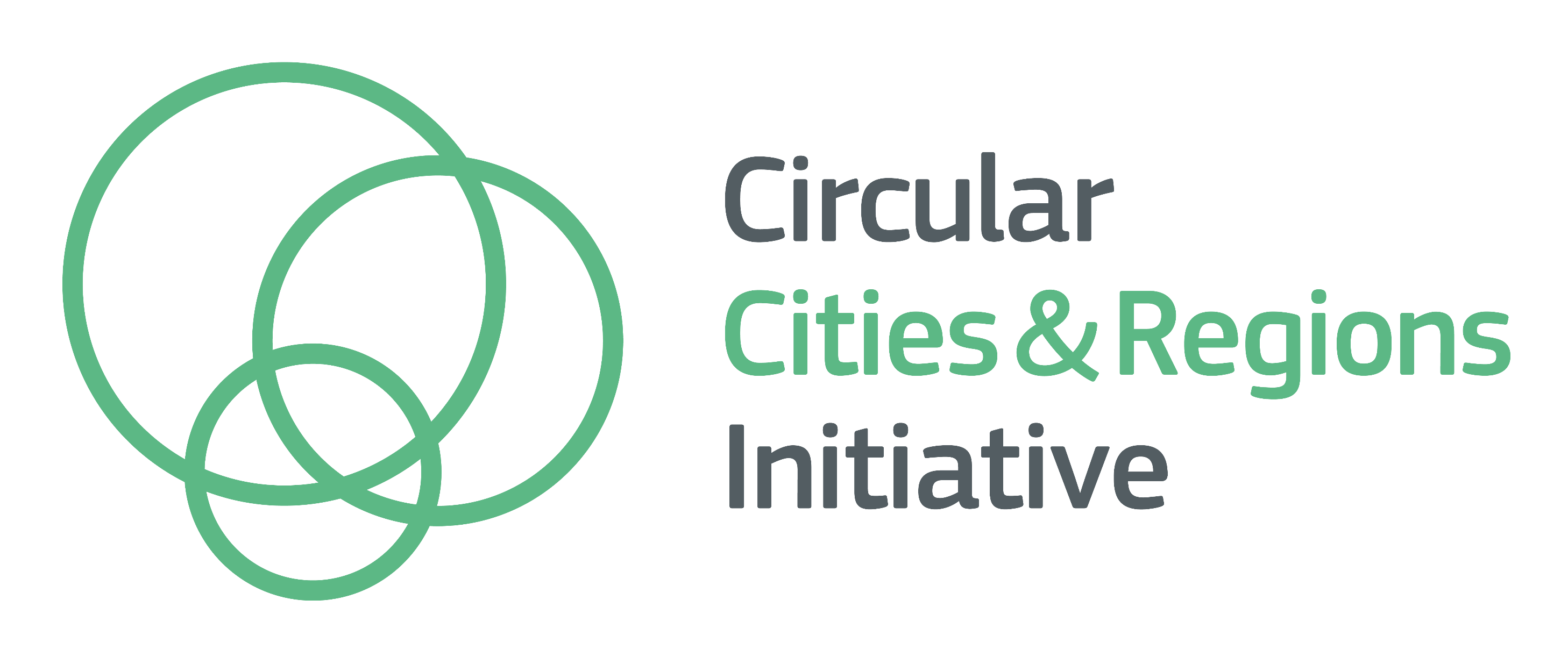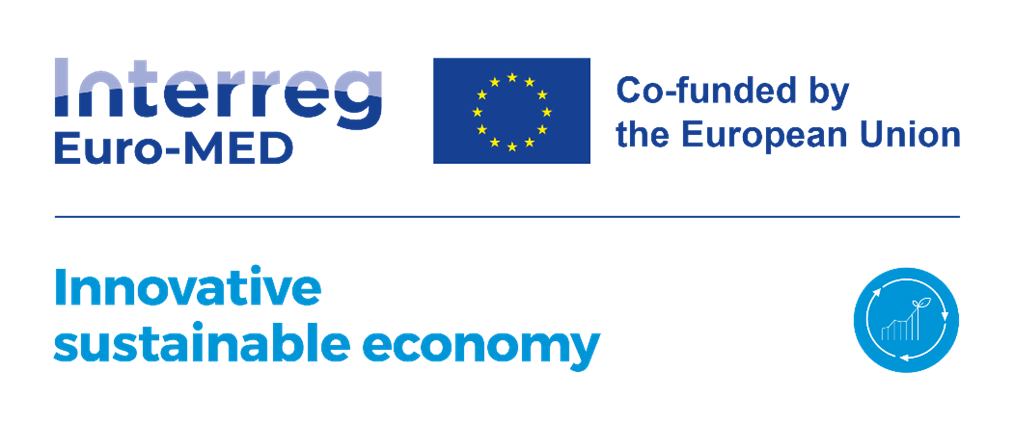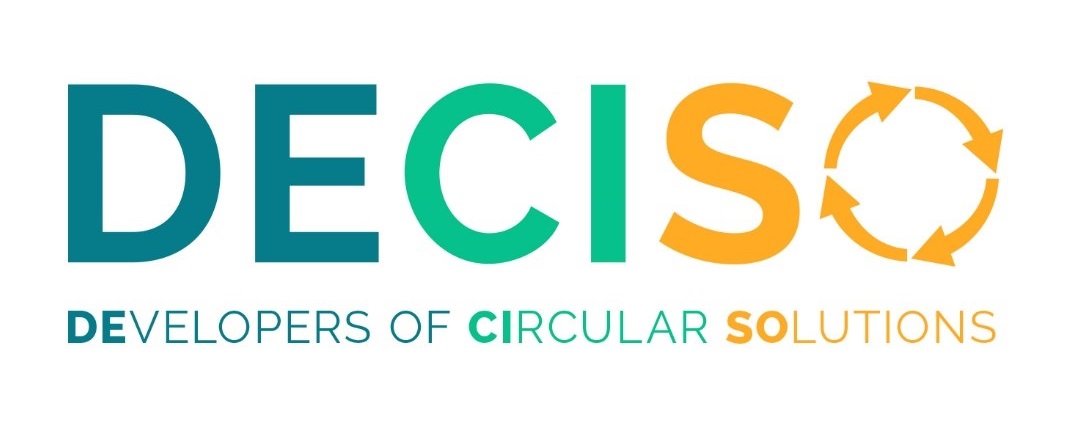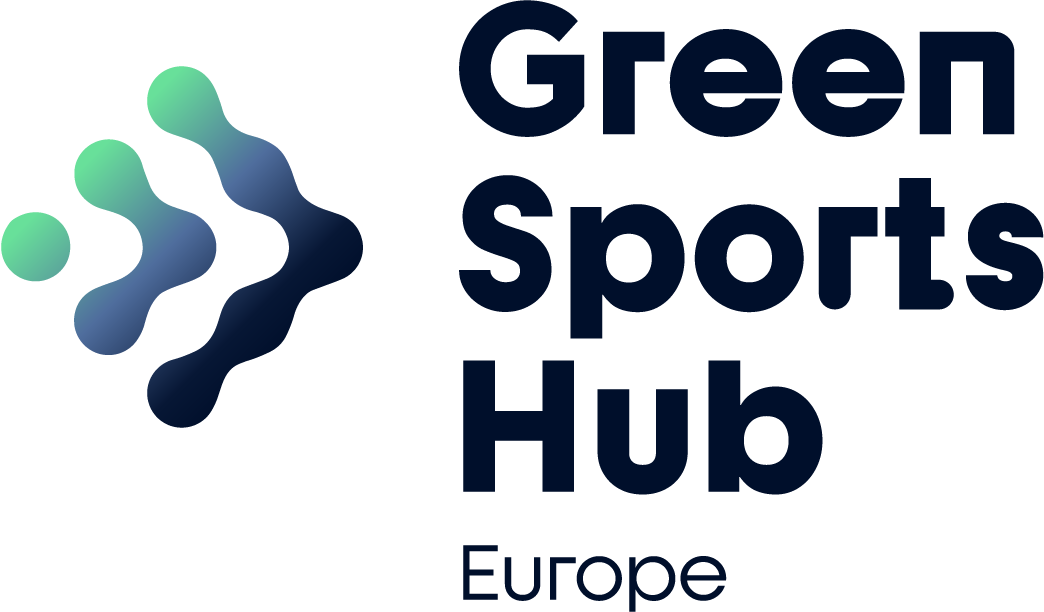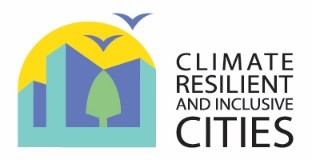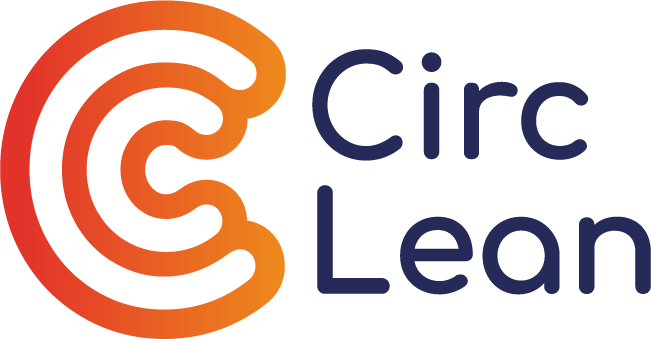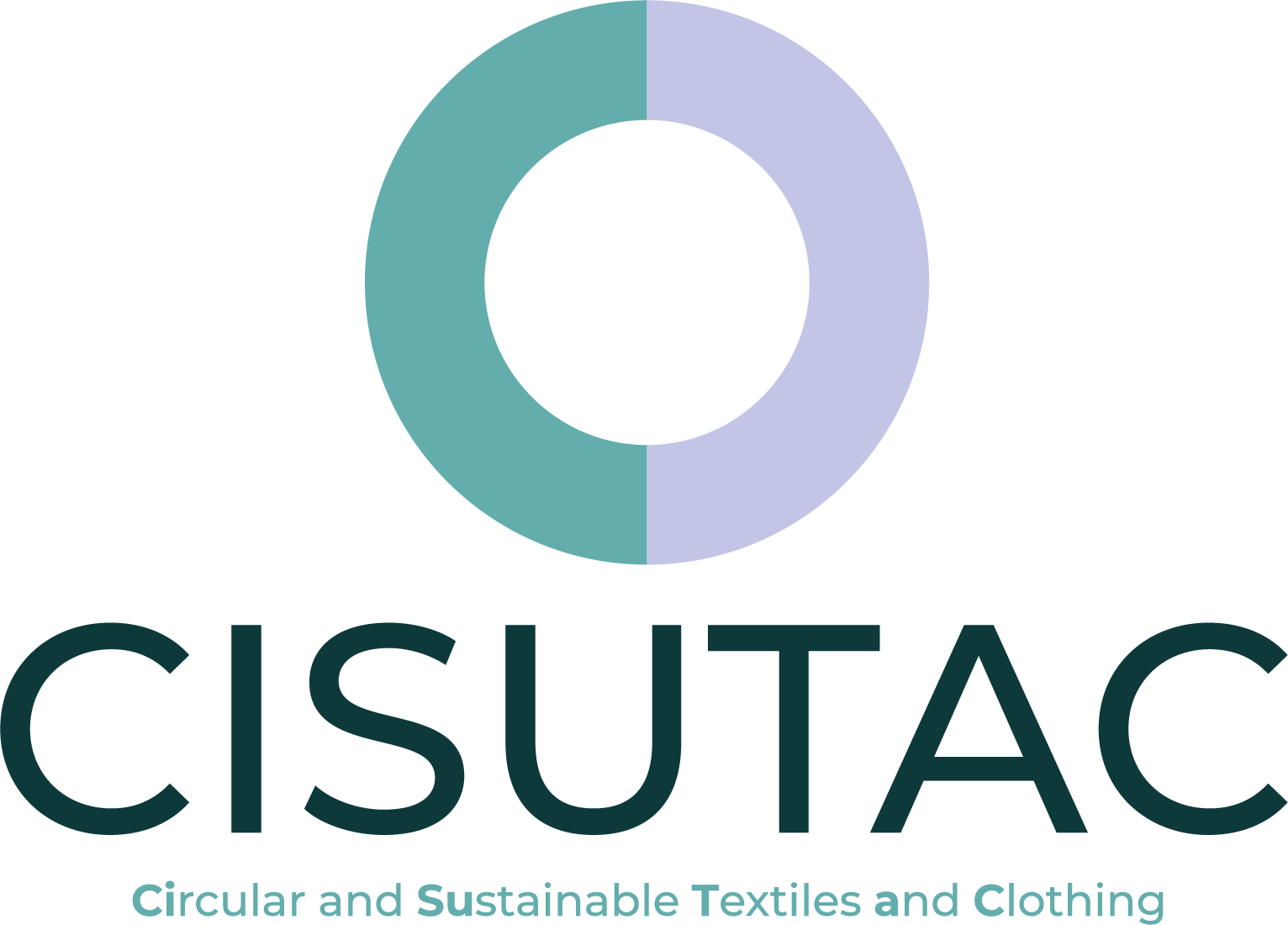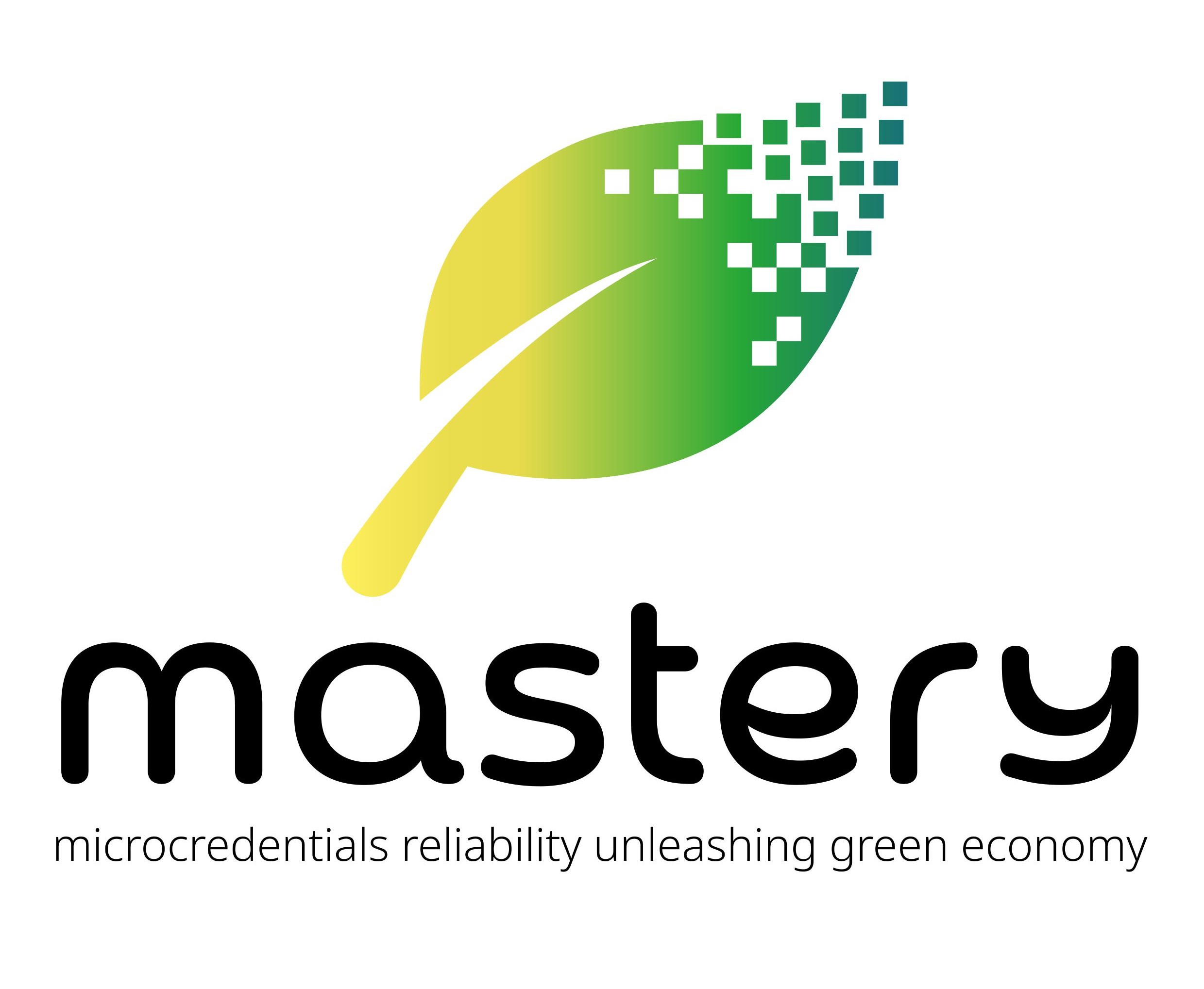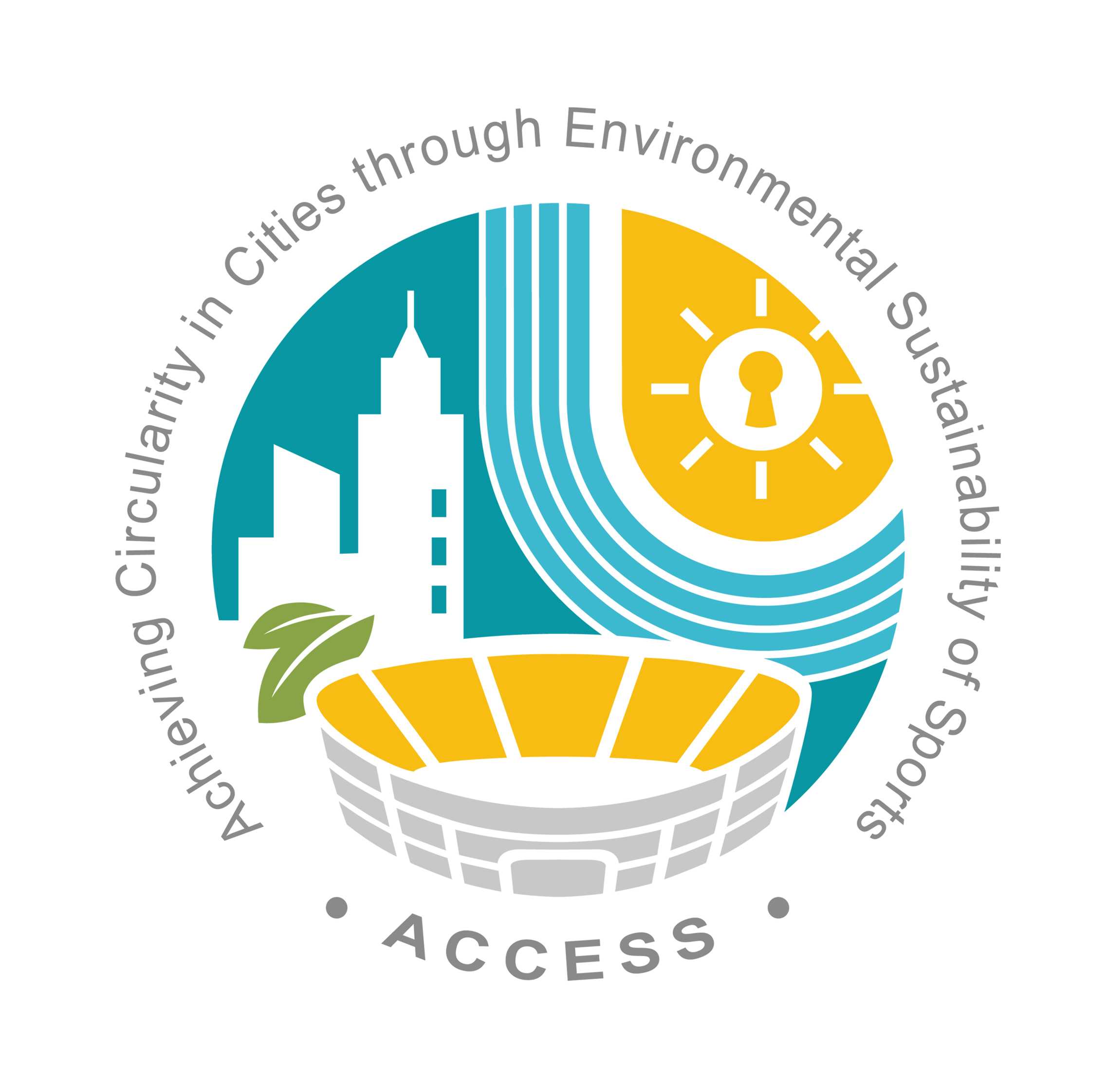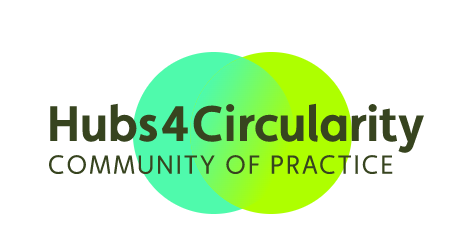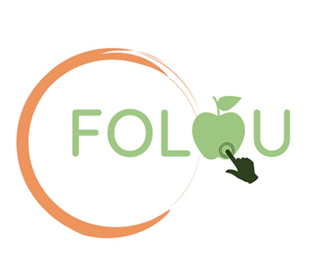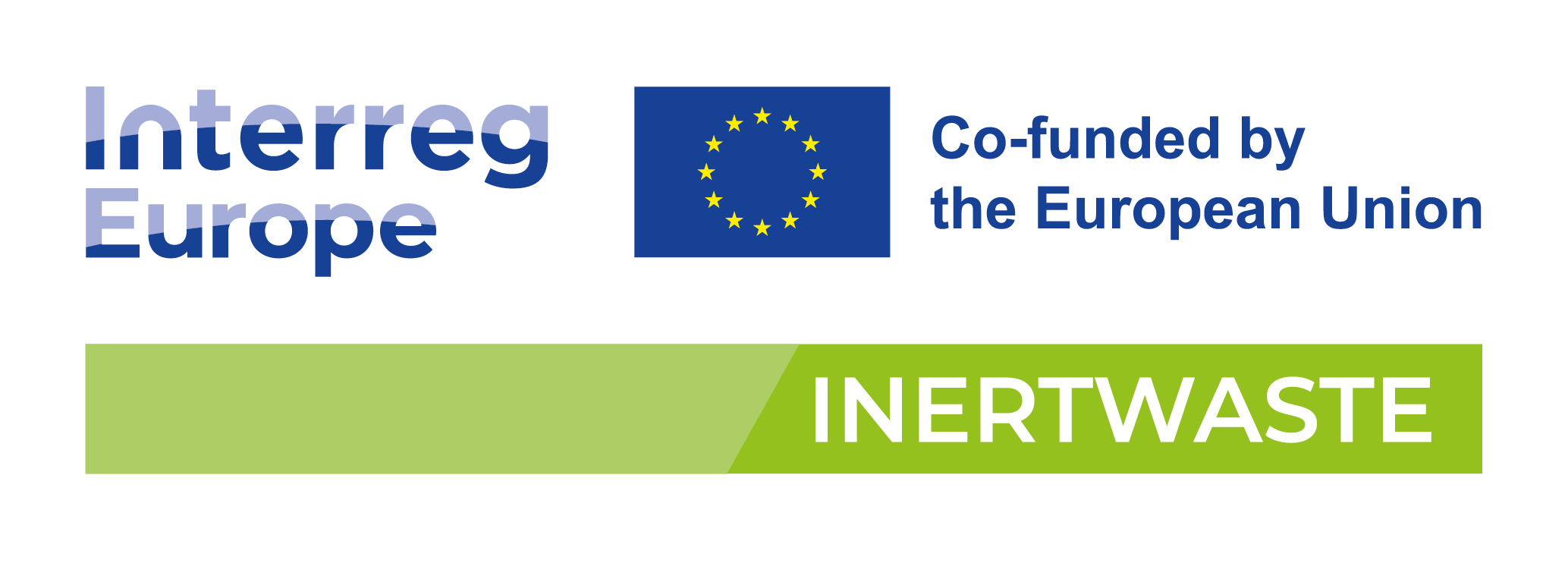 ACR+ is pleased to introduce its newest member, the Italian Composting and Biogas Association (CIC). Established in 1992, CIC is a non-profit organization driving growth in Italy's bio-waste recycling sector. With over 150 members, including companies and organizations, CIC is a key player in promoting bio-waste reduction and recycling into high-quality products like compost and biomethane. At EU level, CIC holds the vice-presidency of the European Compost Network (ECN) and leads the Task Groups on Soil Organic Matter and on Compostable materials.
ACR+ is pleased to introduce its newest member, the Italian Composting and Biogas Association (CIC). Established in 1992, CIC is a non-profit organization driving growth in Italy's bio-waste recycling sector. With over 150 members, including companies and organizations, CIC is a key player in promoting bio-waste reduction and recycling into high-quality products like compost and biomethane. At EU level, CIC holds the vice-presidency of the European Compost Network (ECN) and leads the Task Groups on Soil Organic Matter and on Compostable materials. Massimo Centemero, CIC’s General Director, tells us more about their approach to waste management.
ACR+: Why have you joined ACR+, what are your expectations regarding your membership to the network?
CIC: Firstly, we would like to share and make available the best practices from Italy with other ACR+ members, considering that Italy is one of the frontrunners in food waste source-separated collection and recycling in Europe (with more than 50 million inhabitants currently having access to the source-separated collection of food waste). In addition, CIC aims to collaborate with ACR+ to build a powerful channel with the European Commission to promote new initiatives regarding organic recycling in Europe.
ACR+: How do you cooperate with local and regional authorities?
CIC: We regularly engage directly with Italian Ministries on new proposals or initiatives related to laws and regulations in our sector. At a local level, CIC collaborates with Italian regions by signing Framework Programmes, aiming to offer technical assistance to enhance bio-waste collection and recycling while promoting the use of compost as fertilizer in their territories.
ACR+: We know that you are successfully cooperating with another ACR+ members, the Sardinia Region. Can you tell us more about it?
CIC: The Framework Programme signed with the Sardinia Region is a testimony of a successful collaboration. Since 2011, CIC has supported technicians of the Sardinia Region in developing the Bio-waste Management Plan. This includes emphasizing the evaluation of feedstock quality (i.e., the percentage of contamination), providing technical training to recycling plants to ensure compliance with Italian Fertilisers Regulation for their main product (compost), and fostering compost use in agriculture through on-field demonstration events. As a result, the entire island's territory (377 municipalities) now has bio-waste source-separated collection, recycled into high-quality compost across 21 treatment plants. These plants are obligated to conduct quality analyses of waste from each municipality, reporting it every six months to the Region. Demonstration events have engaged over 300 participants from the agriculture sector.
ACR+: What are CIC priority working themes in 2024?
CIC: Our current efforts focus on two main issues. Firstly, maintaining the quality of the feedstock entering bio-waste recycling plants is crucial, even after achieving an excellent average capture rate in the country. Ensuring acceptable quality levels remains key to guaranteeing the high quality of compost produced for use in the fields. Secondly, CIC is dedicated to promoting the significance of organic matter for European soils and how compost can contribute to the implementation of sustainable, climate-proof soil management practices.
 ACR+ is pleased to introduce its newest member, the Italian Composting and Biogas Association (CIC). Established in 1992, CIC is a non-profit organization driving growth in Italy's bio-waste recycling sector. With over 150 members, including companies and organizations, CIC is a key player in promoting bio-waste reduction and recycling into high-quality products like compost and biomethane. At EU level, CIC holds the vice-presidency of the European Compost Network (ECN) and leads the Task Groups on Soil Organic Matter and on Compostable materials.
ACR+ is pleased to introduce its newest member, the Italian Composting and Biogas Association (CIC). Established in 1992, CIC is a non-profit organization driving growth in Italy's bio-waste recycling sector. With over 150 members, including companies and organizations, CIC is a key player in promoting bio-waste reduction and recycling into high-quality products like compost and biomethane. At EU level, CIC holds the vice-presidency of the European Compost Network (ECN) and leads the Task Groups on Soil Organic Matter and on Compostable materials. 



